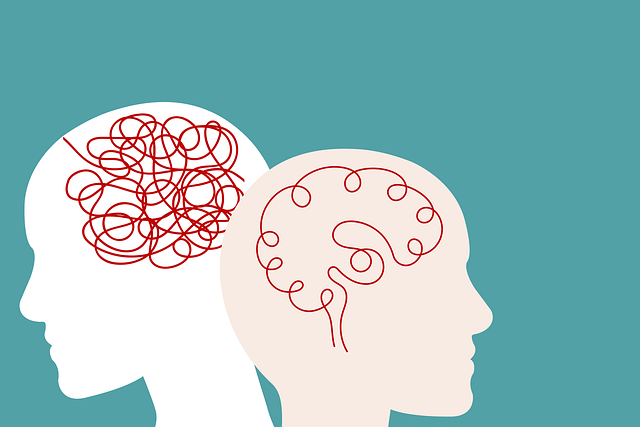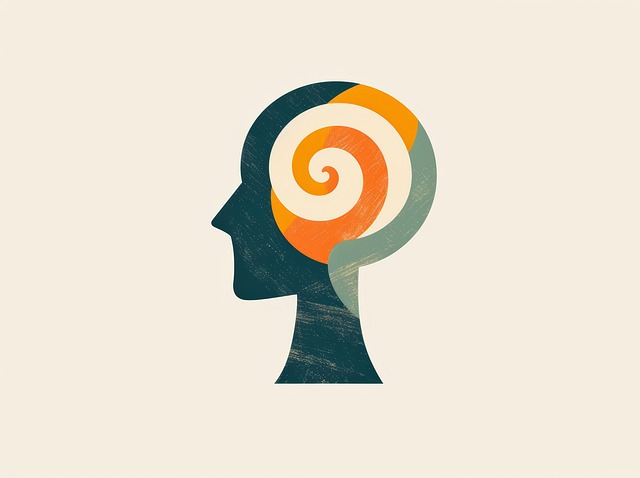Denver Conduct Disorder Therapy (CDT) emphasizes emotion regulation through self-awareness exercises, cognitive strategies, mindfulness practices, and behavioral techniques. By identifying triggers, individuals gain emotional intelligence and learn to manage intense responses. Cognitive skills challenge negative thought patterns, boosting confidence. Mindfulness calms minds, reduces reactive behaviors, and helps process trauma. Behavioral techniques teach adaptive responses, build resilience, and foster community support networks for improved well-being in CDT.
Emotion regulation techniques are a powerful tool in Denver Conduct Disorder Therapy, helping individuals gain control over their emotional responses. This article delves into the significance of emotion regulation in addressing conduct disorder, offering practical strategies for teaching emotional control. We explore identifying triggers, cognitive strategies to manage emotions, mindfulness practices for self-awareness, and behavioral techniques to foster resilience. By implementing these evidence-based methods, professionals can empower individuals to navigate their emotions effectively, leading to positive outcomes in Denver Conduct Disorder Therapy.
- Understanding Emotion Regulation and its Significance in Denver Conduct Disorder Therapy
- Identifying Triggers: A Key Step in Teaching Emotional Control
- Cognitive Strategies: Empowering Individuals to Manage Their Emotions
- Mindfulness Practices for Enhancing Self-Awareness and Calming the Mind
- Behavioral Techniques: Shaping Positive Responses and Building Resilience
Understanding Emotion Regulation and its Significance in Denver Conduct Disorder Therapy

Emotion regulation is a pivotal aspect of Denver Conduct Disorder Therapy (CDT). It involves teaching individuals to understand and manage their emotions effectively, which is crucial for those struggling with conduct disorders. By mastering emotion regulation techniques, individuals can gain a sense of control over their impulses and reactions, leading to improved behavior and social interactions.
In CDT, self-awareness exercises play a key role in fostering emotional intelligence. These exercises help clients recognize their feelings, identify triggers, and develop strategies to calm themselves. Resilience building is another essential component, empowering individuals to bounce back from challenging situations without resorting to disruptive behaviors. Ultimately, these techniques aim to boost confidence by providing practical tools for navigating emotions, thereby enhancing overall well-being and social functioning in Denver Conduct Disorder Therapy.
Identifying Triggers: A Key Step in Teaching Emotional Control

Identifying triggers is a fundamental step in teaching individuals, especially those with Denver Conduct Disorder Therapy needs, to manage their emotions effectively. This process involves recognizing and understanding the specific situations, thoughts, or behaviors that set off intense emotional responses. By becoming aware of these triggers, individuals can gain valuable insight into their emotional patterns and take proactive steps towards regulation.
In the context of crisis intervention guidance, learning to identify triggers is crucial for developing a personalized strategy for stress management. Mental illness stigma reduction efforts often begin with fostering self-awareness around one’s emotional responses, enabling individuals to seek support earlier. Whether it’s certain environments, people, or internal thoughts, recognizing these triggers empowers individuals to anticipate and navigate potential emotional crises more effectively.
Cognitive Strategies: Empowering Individuals to Manage Their Emotions

Cognitive strategies play a pivotal role in emotion regulation techniques teaching, offering individuals powerful tools to manage their emotions effectively. By empowering people with cognitive skills, Denver Conduct Disorder Therapy helps them gain a deeper understanding of their thoughts and feelings, breaking down emotional barriers. These strategies encourage individuals to challenge negative thought patterns, replace them with more positive and balanced perspectives, and ultimately foster better emotional control.
Incorporating these techniques boosts confidence and enhances mental wellness, making it an integral part of any comprehensive therapy program or Stress Management Workshop Organization. Through cognitive restructuring, individuals learn to reframe stressful situations, increasing their resilience and promoting healthier emotional responses. This approach is particularly beneficial for those seeking long-lasting solutions to manage conduct disorder symptoms, as it provides them with the cognitive flexibility needed to navigate challenging emotions in daily life.
Mindfulness Practices for Enhancing Self-Awareness and Calming the Mind

Mindfulness practices have emerged as powerful tools in Denver Conduct Disorder Therapy, offering individuals a way to enhance self-awareness and calm their minds. By focusing on the present moment, mindfulness techniques help individuals recognize and accept their emotions without judgment. This heightened awareness can significantly reduce reactive behaviors often associated with conduct disorders. Through regular practice, individuals learn to observe their thoughts and feelings, fostering a deeper understanding of themselves and their triggers.
In the context of stress management workshops and mental health awareness initiatives, mindfulness has proven to be a game-changer. It empowers individuals to develop healthy coping mechanisms, thereby improving their overall well-being. Moreover, integrating mindfulness into trauma support services can help individuals process and heal from past traumas, promoting resilience and emotional regulation skills that are vital for long-term success in managing conduct disorders.
Behavioral Techniques: Shaping Positive Responses and Building Resilience

Behavioral techniques play a pivotal role in teaching emotion regulation skills, particularly for individuals dealing with challenges like Denver Conduct Disorder Therapy. Shaping positive responses involves gradually reinforcing desired behaviors and reactions to specific emotional triggers. Therapists can guide patients to identify their initial emotional responses and then replace them with more adaptive ones through consistent practice. This process enhances self-awareness and empowers individuals to manage their emotions effectively in various settings.
Building resilience is another critical aspect of behavioral techniques. Compassion cultivation practices have shown promise in fostering emotional intelligence, enabling people to understand and regulate their feelings better. By integrating these practices into therapy sessions, professionals can help clients develop a more compassionate mindset, which, in turn, strengthens their ability to cope with challenging situations. Additionally, community outreach program implementations can extend these benefits by offering support networks that encourage individuals to practice emotion regulation techniques in real-world scenarios, ultimately enhancing their resilience and overall well-being.
Emotion regulation techniques are a powerful tool in addressing Denver Conduct Disorder Therapy. By understanding the significance of emotional control, identifying triggers, employing cognitive strategies, practicing mindfulness, and adopting behavioral techniques, individuals can develop resilience and manage their emotions effectively. These teachings foster self-awareness and promote positive responses, ultimately enhancing overall well-being.












